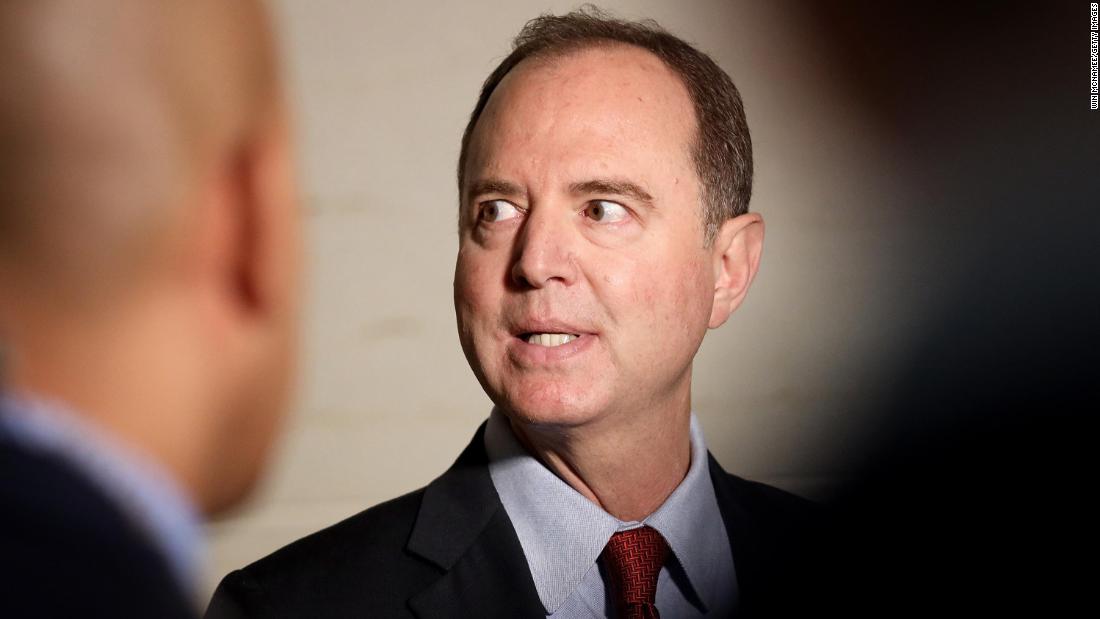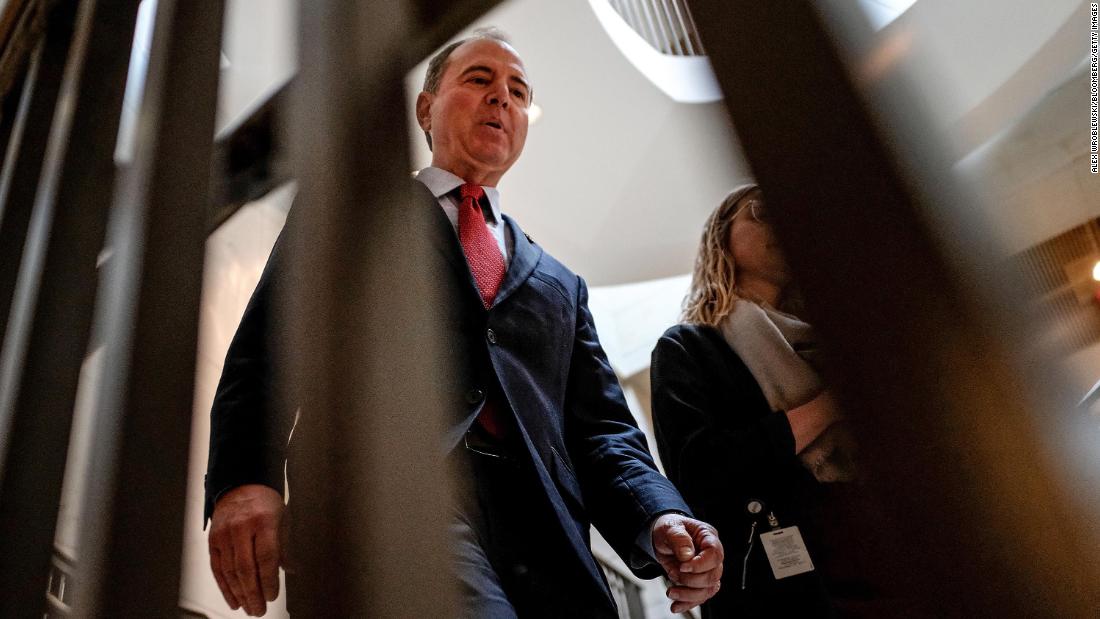[ad_1]

Plus, there are several more time-consuming steps as part of the probe, potentially trying to bring in big names like former national security adviser John Bolton, then holding public hearings before a report they’re expected to write with recommendations — all before any votes in the House.
“Every time we have a deposition, it leads us in a slightly different direction,” Rep. Gerry Connolly, a Virginia Democrat who sits on the House Foreign Affairs and Oversight committees, two of the three panels leading the investigation, said Monday. “We don’t know how many additional pieces of testimony we may need. We just don’t know.”
The challenge facing Democrats: They want to conduct a thorough investigation, but prolonging the probe will continue to consume Washington — and risks bumping into the presidential election season if proceedings drag into the new year.
House Speaker Nancy Pelosi and Intelligence Chairman Adam Schiff, a California Democrat who is leading the probe, both have refused to put a specific timeframe on the investigation.
“The timeline will depend on the truth line, and that’s what we’re looking for,” Pelosi told reporters late last week.
Yet Democrats involved in the investigation say that the initial hope among some in their party that the matter could be wrapped up before the end of the fall now seems overly ambitious.
“I think it’s more like between Thanksgiving and Christmas” for the end of the investigation, said one Democratic member involved in the probe. “After that, it’s a strategic decision about when to bring it to the floor.”
A committee source said that “putting an artificial time limit is the wrong way to run a credible investigation.”
“We are committed to moving as methodically but expeditiously as possible — but we will interview witnesses, release transcripts and hold open hearings at time appropriate given the collection of facts,” the source said.
Witnesses across the government
If the House impeaches Trump, who would be just the third President in history to endure such a fate, then the Senate would hold a trial — and that process could take several more weeks. For Bill Clinton, the 1999 Senate trial took more than a month after he was impeached by the House.
But the House is only still in the first phase of its investigation.
And the first round of interviews have only added names to the list, Democrats say.
“In his testimony, Ambassador (to the European Union Gordon) Sondland also implicated a few more folks who may not have been completely off the radar, but he certainly moved them more to the center of this investigation today,” Rep. Joaquin Castro, a Texas Democrat, told CNN last week.
Democrats still hope to talk to some big name witnesses, like Bolton, who privately raised concerns about Giuliani’s efforts. Acting White House chief of staff Mick Mulvaney’s statement Thursday — quickly retracted — that the White House held up aid pushing for Ukraine to investigate the 2016 Democratic National Committee server has added him as a potential target. And it’s still uncertain if the committees will talk to the whistleblower whose complaint about Trump spawned the investigation.
Public hearings still to come
At some point, the three House committees leading the probe plan to hold public hearings after all their witnesses have been behind closed doors. Plus, the committees say they will release transcripts of their depositions — some of which have gone as long as 10 hours — and that process can often take days, if not weeks, to complete.
When the investigation is done, the House committees are expected to write a report detailing their findings and recommendations, a highly sensitive document that would take time to draft since it could form the basis of articles of impeachment to be taken up by the House Judiciary Committee, according to multiple sources.
If Democrats decide to go that route, then the Judiciary panel would vote on articles of impeachment, which would be followed by full House action.
Wrapping up that up quickly is a tall order, some Democrats say.
“When you’re shocked by the chief of staff basically saying that there was a quid pro quo, it’s a little hard to make any predictions whatsoever about what the timing will be,” Rep. Jim Himes, a Connecticut Democrat, said on CBS’ “Face the Nation.” “You know shocking things happen every single day. My belief is that the speaker of the House would like to get this wrapped up by the end of the year. I think that’s probably possible.”
This story has been updated with additional developments Monday.
[ad_2]
Source link

